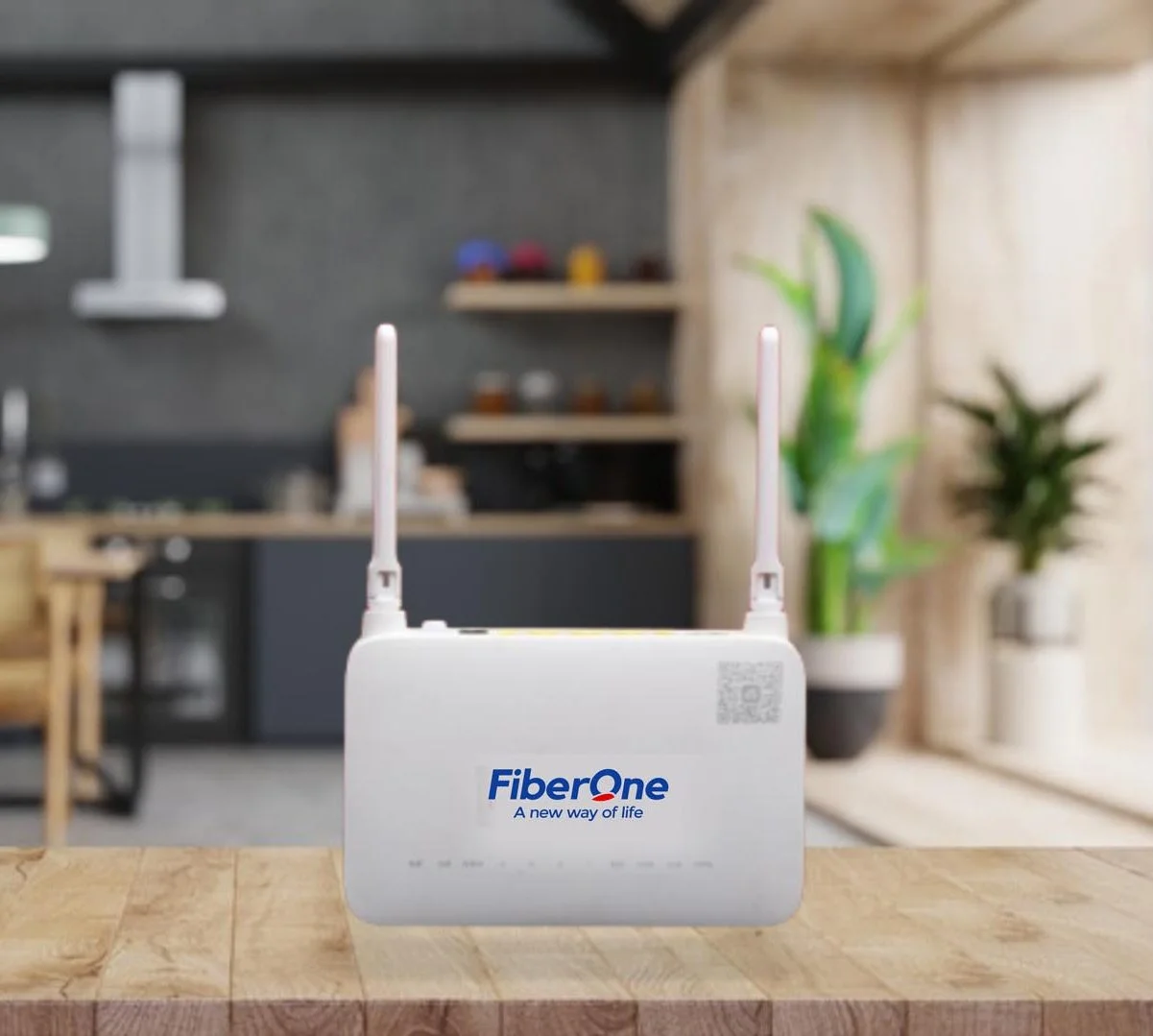At the recent Titans of Tech Conference in Lagos, Yinka Isioye, Chief Experience Officer(CXO) of FibreOne, said Nigeria loses $15 billion each year due to its broadband infrastructure gap. He called broadband “the oxygen for innovation” and stressed its role in fintech, telemedicine, e-learning, and SME growth. He noted that the problem affects both access and reliability. More than 60 per cent of Nigerians still lack consistent internet coverage. This digital divide costs the country billions in lost productivity, slowed economic activity, and missed opportunities.
Vandalism Makes a Bad Situation Worse

A major driver of these losses is vandalism. Fibre optic cables are routinely dug up and stolen. Telecom companies also face theft of solar panels, diesel, batteries, and other site equipment. These attacks are widespread and relentless.
Between May and July 2025, telecom operators recorded 445 separate vandalism incidents. That averages about five attacks per day. MTN alone reported 43 fibre cuts daily. Airtel faces similar challenges. Repairs are costly. In one year, MTN spent over N11 billion relocating 2,500 kilometres of fibre to safer routes.
Despite a 2024 executive order declaring telecom infrastructure as Critical National Infrastructure, enforcement remains weak. Arrests are rare. Prosecutions are even rarer.
How Customers Are Affected
For ordinary Nigerians, the impact is clear and painful. Dropped calls. Slow internet. Banking failures. Interrupted remote work and learning. Medical apps that stop mid-session. Many users now pay high fees for unreliable service.
Some customers report waiting a long time for repairs. Even in major cities, speeds can drop below 1 Mbps. In rural areas, service is non-existent.
The costs are both personal and national. Households lose access. Businesses lose sales. Schools lose lessons. Everyone pays more for less.
The Economic Toll
According to FibreOne, Nigeria loses $15 billion yearly to poor broadband. That’s nearly four times the annual federal education budget. It’s equivalent to a state’s full allocation. And it’s avoidable.
Studies show that an increase in broadband penetration would unlock significant economic growth. If infrastructure were protected and expanded, Nigeria could grow its GDP. But without protection, gains will remain theoretical.
What’s Being Done
Operators are working to respond. Industry groups are lobbying for stricter enforcement. The Nigerian Communications Commission (NCC) has launched platforms for citizens to report fibre cuts and theft. Some companies have begun deploying security teams and remote monitoring tools.
But much of the damage is tied to poor coordination between government agencies and contractors. Fibre cuts often occur during road construction, with no warning given to telecoms.
Calls for a national dig-once policy have not been heeded, and community engagement remains low.
Broadband Without Security Is a Dead Investment
Nigeria’s broadband service covers technology, governance, security, and planning. Until telecom infrastructure is protected and prioritised, the country will keep bleeding money, time, and opportunities. The concern now is how long Nigeria can afford to keep ignoring what it’s losing.















